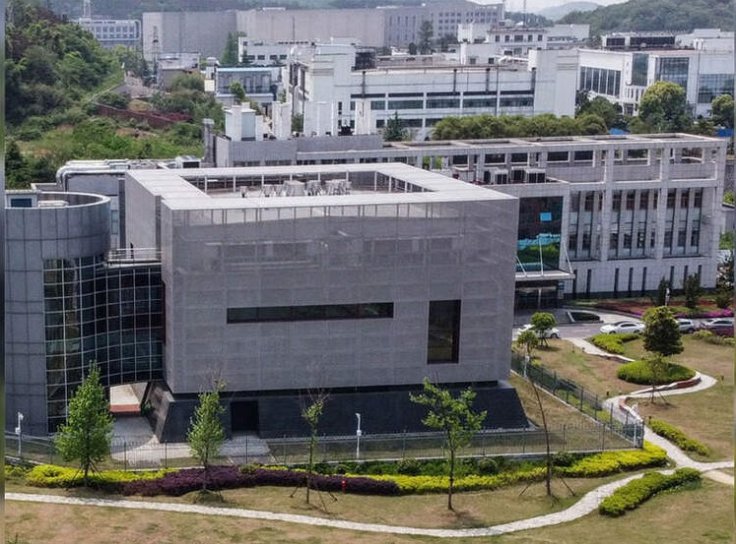US Intelligence agencies are going through a 'treasure trove' of genetic data obtained from the controversial biological research laboratory in Wuhan, China. It is believed that the data could provide a breakthrough in the investigation into the origin of COVID-19.
The data contains genetic blueprints drawn from virus samples studied at the lab in Wuhan, China, which as per some officials might be the source of the pandemic outbreak.

Data Written in Chinese with Specialized Vocabulary
CNN reported that in order to translate the data the intelligence agencies have roped in supercomputers at the Department of Energy's National Labs, a collection of 17 elite government research institutions.
The sources revealed to the outlet that it is was unclear how the US intelligence agencies managed to get hold of the data. Claiming that the machines involved in creating and processing this kind of genetic data from viruses are typically connected to external cloud-based servers, sources said that it is a possibility that they were hacked.
The outlet also revealed that the agencies require government scientists who are not only skilled enough to decode the complex genetic sequencing data but also need to speak Mandarin, as the data is written in Chinese with a specialized vocabulary. "Obviously there are scientists who are (security) cleared. But Mandarin-speaking ones who are cleared? That's a very small pool. And not just any scientists, but ones who specialize in bio? So you can see how this quickly becomes difficult," a source told CNN.
Where is the Data of 'Missing' 22,000 Virus Samples?
Multiple investigating agencies have been looking for the genetic data from 22,000 virus samples that were being studied at the Wuhan Institute of Virology. However, the data was removed by the Chinese officials in September 2019, much before Wuhan reported its first case of coronavirus in December 2019. The Chinese have also refused to share the raw data on the early outbreak with both World Health Organization and the US.
Speaking to the outlet, scientists familiar with the study of coronaviruses said that they are doubtful about any genetic data either in the tranche of 22,000 samples or any other database from the WIV which scientists aren't aware about.
"Basically in [a 2020 research paper published in Nature], the WIV talked about all the sequences they had up until a certain point in time -- it's what most scientists virologists believe, that's pretty much what they had," Dr. Robert Garry, a virologist at the Tulane University School of Medicine, told CNN.
However, a source revealed that the investigation being carried out by the US would not reveal if the data pertaining to those 22,000 samples is among what trove accessed and analyzed by the US intelligence agencies.









